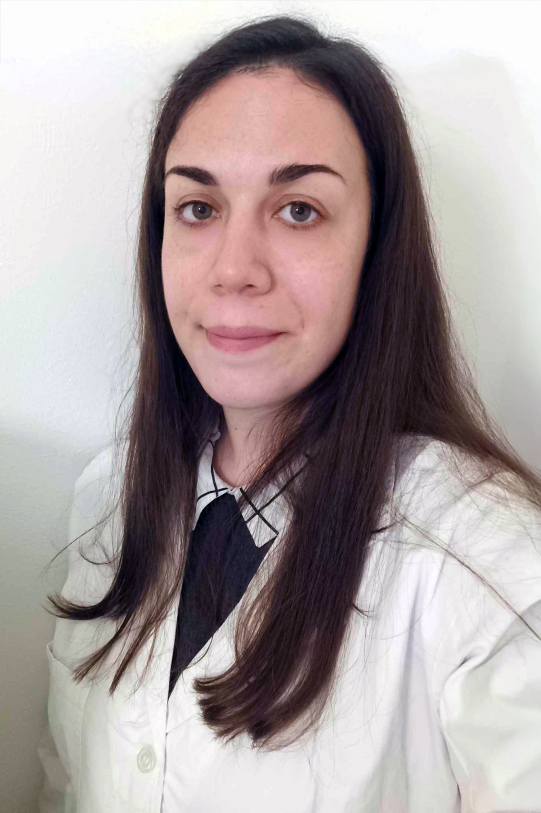
ORCID ID: 0009-0003-7121-8832
Curriculum: Experimental Neuroscience
Tutor: Professor Ioannis Ugo Isaias
Supervisor: Prof Fabrizio Piazza
Workplace: School of Medicine and Surgery, University of Milano-Bicocca
I was born and grown up in Pisa, where I completed my Bachelor’s degree in Biological Sciences, University of Pisa, on May 25, 2021. My thesis was titled “Neurogenesis in the Central Nervous System of adult vertebrates: from Neural Stem Cells to Neurospheres,” and my supervisor was Professor Giovanni Casini.
Afterward, I moved to Pavia, where I completed my Master’s degree in Medical and Pharmaceutical Biotechnology, University of Pavia, on April 18, 2024. My thesis was titled “From Brain to Gut: identifying the causes of dementia in the Accelerated Senescence Mouse Model (SAMP8),” with Professor Gabriele Ceccarelli as my supervisor and Dr. Claudia Balducci as my co-supervisor. I carried out my Master’s thesis internship in the Biology of Neurodegenerative Disease Laboratory at the Istituto di Ricerche Farmacologiche Mario Negri IRCCS, under the supervision of Dr. Claudia Balducci.
I have a publication with Dr. Balducci titled “Investigating gut alterations in Alzheimer’s disease: In-depth analysis with micro- and nano-3D X-ray phase contrast tomography”.
In November 2024 I passed the State examination for the license to practice as a biologist (Section A).
In the summer of 2024 I moved to Monza and currently I am a PhD student in Neuroscience at the University of Milano-Bicocca, working in the CAA and AD Translational Research & Biomarkers Laboratory under the supervision of Professor Fabrizio Piazza.
PhD research project
Deciphering neuroinflammatory mechanisms and contributing roles along the CAA to CAA-ri continuum: towards the re-definition of a biomarker-based CAA spectrum disorder.
Cerebral Amyloid Angiopathy (CAA) is a small vessel brain disease characterized by the deposition of amyloid-β (Aβ) within cortical arteries and the subarachnoid space, often leading to vascular rupture and hemorrhagic events. Historically considered a sporadic, age-related, non-inflammatory condition, recent research has revealed more complex, heterogeneous manifestations of CAA, including a potentially immune-mediated subtype known as CAA-related inflammation (CAA-ri). CAA-ri involves an inflammatory response triggered by amyloid accumulation, which exacerbates vascular damage and contributes to progressive cognitive decline, distinguishable from typical CAA by MRI markers of inflammation and edema.
Despite advancements in biomarker research, diagnosing CAA and CAA-ri remains challenging, particularly in non-expert clinical settings. Furthermore, Amyloid-Related Imaging Abnormalities (ARIA), commonly seen in Alzheimer’s disease (AD) patients with CAA, complicate the use of immunotherapies due to associated risks like brain edema and hemorrhaging, especially in APOE4 carriers.
This project aims to: (1) investigate the neuroinflammatory mechanisms within the hypothesized CAA continuum, (2) identify optimal biomarkers for CAA and CAA-ri diagnosis, (3) establish a biomarker-based diagnostic framework, and (4) provide evidence to guide future clinical trials and therapeutic strategies. The study will involve a multicenter, multidisciplinary approach with both retrospective and prospective cohorts, utilizing state-of-the-art biomarker technologies to analyze microglial and astrocytic activation, neurodegeneration, and endothelial damage. This will enhance our understanding of CAA, its variants, and pave the way for better diagnostic and therapeutic tools in clinical practice.